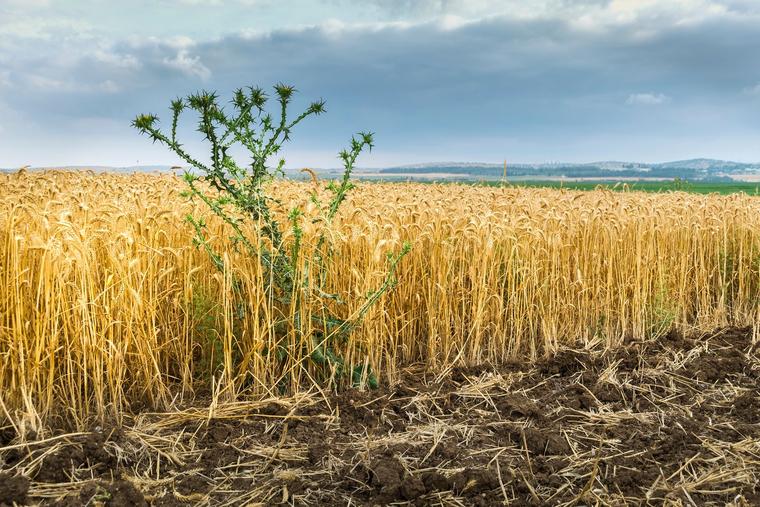- Feb 5, 2002
- 166,683
- 56,299
- Country
- United States
- Faith
- Catholic
- Marital Status
- Married
- Politics
- US-Others
In the end, just as mercy confounds might, so the capacity of wheat to eclipse the weeds is written into the very economy of salvation.
“I love that Church which plunges into the thickets of human history and is not afraid of compromising itself by getting mixed up with men’s affairs … because it loves men and therefore goes out to look for them wherever they are. And I love best of all that Church which is mud-splashed from history because it has played its part in history, that Church of the poor which is denounced by pharisees whose hands are clean but who can point to no single person they have saved.” —Jean Daniélou, Prayer as a Political Problem
While it is not possible to inventory the joys of Heaven, nor even to precise exactly how many there are, nevertheless we have it on faith that for all that we cannot yet know of what lies on the other side, it will surely exceed all the happiness we look for here and now.
“The whole man,” notes C. S. Lewis in The Weight of Glory, “is to drink joy from the fountain of joy.”
And quoting no less an authority than the renowned Bishop of Hippo, St. Augustine, he adds: “The rapture of the saved soul, will ‘flow over’ into the glorified body. In the light of our present specialized and depraved appetites we cannot imagine this torrens voluptatis, and I warn everyone most seriously not to try.”
Continued below.

 www.ncregister.com
www.ncregister.com
“I love that Church which plunges into the thickets of human history and is not afraid of compromising itself by getting mixed up with men’s affairs … because it loves men and therefore goes out to look for them wherever they are. And I love best of all that Church which is mud-splashed from history because it has played its part in history, that Church of the poor which is denounced by pharisees whose hands are clean but who can point to no single person they have saved.” —Jean Daniélou, Prayer as a Political Problem
While it is not possible to inventory the joys of Heaven, nor even to precise exactly how many there are, nevertheless we have it on faith that for all that we cannot yet know of what lies on the other side, it will surely exceed all the happiness we look for here and now.
“The whole man,” notes C. S. Lewis in The Weight of Glory, “is to drink joy from the fountain of joy.”
And quoting no less an authority than the renowned Bishop of Hippo, St. Augustine, he adds: “The rapture of the saved soul, will ‘flow over’ into the glorified body. In the light of our present specialized and depraved appetites we cannot imagine this torrens voluptatis, and I warn everyone most seriously not to try.”
Continued below.

When You See Weeds Amid the Wheat, Remember Christ’s Words and Take Heart
In the end, just as mercy confounds might, so the capacity of wheat to eclipse the weeds is written into the very economy of salvation.
